In today’s fast-paced world, staying updated with industry trends is not only beneficial but necessary. The realm of process serving is no exception. This critical component of the legal system ensures that individuals and entities receive the necessary documents to participate in legal proceedings. But what happens when the methods evolve? This blog post takes you through the freshest trends in process serving, designed specifically for those in government agencies, corporations, and private sectors who need accurate, timely information.
Understanding the Role of Process Serving in Legal Procedures
Process serving plays a pivotal role in ensuring justice. At its core, it involves delivering legal documents to parties involved in court cases, guaranteeing their right to due process. By serving these documents, process servers notify individuals of their involvement in a legal matter, which is crucial for upholding constitutional rights.
Traditionally, this meant hand-delivering papers to the defendant. However, the essence of process serving lies in its reliability and compliance with legal standards. Without proper service, cases can be delayed or dismissed, underscoring the importance of precision in this field.
For government agencies, corporations, and individuals, understanding the significance of process serving is vital. It ensures that all parties are informed and can prepare adequately for their legal responsibilities. Recognizing its impact can lead to more effective handling of legal matters across sectors.
Traditional Methods of Process Serving
Historically, process serving was straightforward. Servers would travel to an individual’s home or workplace to deliver documents directly. This method, although effective, came with challenges such as time consumption, geographical constraints, and resistance from those being served.
The personal touch of face-to-face delivery often ensured that documents reached their intended recipients. However, this method required extensive resources, including time and manpower. The reliance on physical delivery also posed challenges in terms of accessibility and efficiency, particularly in remote areas.
Despite these challenges, traditional methods laid the foundation for modern process serving. They created a standard of diligence and accuracy, ensuring that legal procedures could proceed without unnecessary delays. However, as technology advanced, so did the need to adapt these methods for greater efficiency and reach.
The Influence of Technology on Process Serving
With digital advancements, the landscape of process serving is transforming. Technologies like GPS tracking, e-signatures, and electronic service of process (e-service) are becoming mainstream, promising efficiency and accuracy.
GPS tracking allows servers to document their location during service attempts, enhancing transparency. This technology provides irrefutable evidence that documents were delivered to the correct location, bolstering the credibility of the service.
E-signatures and e-service are revolutionizing how documents are delivered and acknowledged. By allowing recipients to sign documents electronically, these technologies minimize physical barriers and expedite the process. This shift not only saves time but also reduces the risk of lost or misplaced papers.
Adopting these technologies can significantly improve process serving. They offer faster, more reliable ways to ensure that legal documents reach their intended recipients, enhancing the overall efficiency of the process.
Legislative Changes Impacting Process Serving
New laws and regulations are reshaping the process serving landscape. These changes aim to streamline procedures, improve accuracy, and adapt to technological advancements.
Recent legislation emphasizes the need for digital methods in process serving. By recognizing electronic service of process, these laws acknowledge the efficiency and reliability of digital communication channels. This legal recognition paves the way for broader acceptance of technological methods in the industry.
However, with these changes come new compliance requirements. Process servers must stay informed about legal updates to ensure their practices align with current laws. Understanding these requirements is crucial for maintaining the integrity and legality of the process serving profession.
For government agencies, corporations, and individuals, adapting to legislative changes is essential. By staying informed and compliant, they can ensure that their process serving practices are effective and legally sound.
Adapting to Emerging Trends in Process Serving
For those involved in legal procedures, understanding and adapting to new trends in process serving is crucial. Government agencies, corporations, and private individuals must be proactive in integrating new technologies and complying with legislative updates.
Government agencies can benefit from streamlined processes, reducing the burden on public resources. By adopting digital methods, they can enhance their efficiency and responsiveness in legal matters.
Corporations can leverage technology to ensure timely and accurate service of process, minimizing legal disruptions. By staying ahead of emerging trends, they can protect their interests and improve their legal preparedness.
Private individuals, too, can benefit from understanding these trends. Whether involved in personal legal matters or acting as representatives, being informed empowers them to make better decisions and seek efficient resolutions.
Successful Implementations in Process Serving
Real-world examples illustrate the effectiveness of modern process serving methods. Several government agencies have successfully integrated digital platforms, improving their service efficiency and accuracy.
Corporations using GPS tracking have reported fewer disputes over service locations, reducing legal challenges. This technology not only enhances accountability but also streamlines the process of verifying service attempts.
Private individuals, armed with knowledge of digital service options, have experienced faster resolutions in legal matters. By accessing electronic service methods, they can participate more actively in their legal proceedings, reducing delays and misunderstandings.
These successes demonstrate the tangible benefits of adopting new trends in process serving. They highlight the potential for improved efficiency, accuracy, and compliance across sectors.



